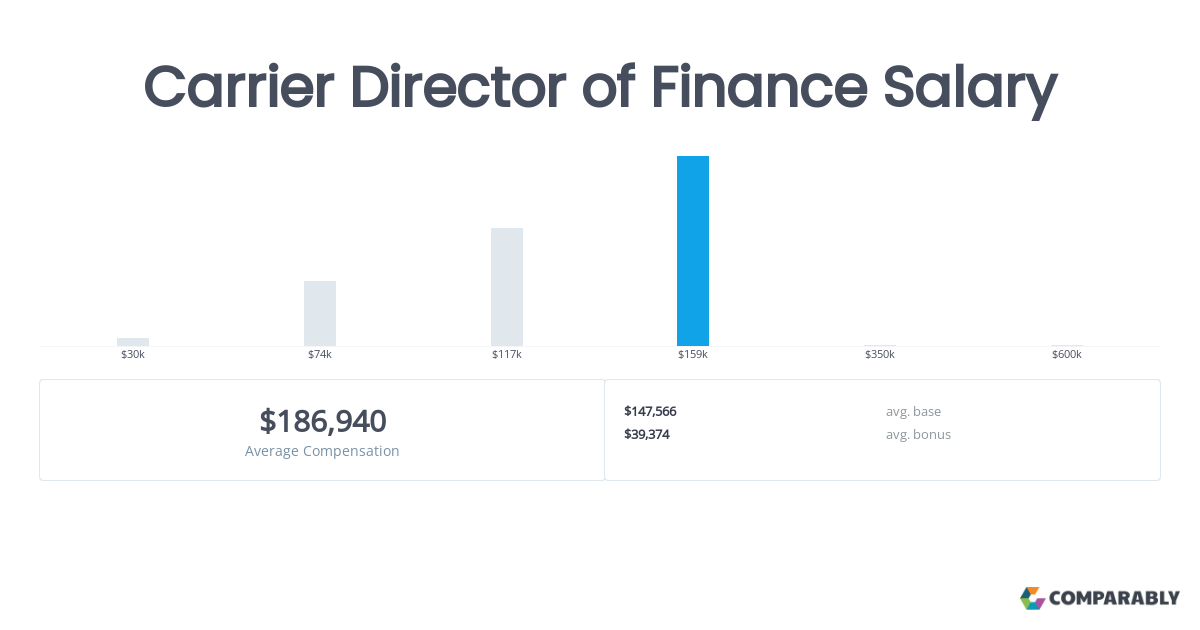The director of finance salary is a topic of great interest for professionals looking to advance in the financial sector. As one of the most senior financial roles in an organization, the position of a director of finance comes with significant responsibilities, a dynamic work environment, and, of course, an attractive compensation package. This article dives deep into the factors influencing the director of finance salary, including industry trends, geographical variations, educational requirements, and strategies to maximize earnings in this role.
What Does a Director of Finance Do?
Before exploring the salary specifics, it’s important to understand what a director of finance does. The director of finance oversees an organization’s financial planning, budgeting, reporting, and compliance. They play a pivotal role in guiding a company’s financial health, ensuring efficient allocation of resources, and providing data-driven insights to support strategic decision-making.
Key responsibilities include:
- Preparing and managing budgets.
- Developing long-term financial strategies.
- Overseeing financial reporting and compliance with regulations.
- Analyzing financial performance and trends.
- Managing teams of financial professionals.
- Advising senior executives on cost-saving and revenue-generating opportunities.
Given the scope and importance of their work, the director of finance salary reflects the expertise and leadership required in this role.
What Is the Average Director of Finance Salary?
The salary of a director of finance varies widely based on factors like industry, location, company size, and the individual’s experience. On average, the director of finance salary in the United States falls between $120,000 and $180,000 annually, with top earners in large corporations or high-paying industries exceeding $200,000.
Here’s a closer breakdown:
- Entry-Level Directors of Finance: For those new to the role or with minimal experience, salaries typically start at around $100,000 to $120,000 per year.
- Mid-Career Directors of Finance: With five to ten years of experience, professionals in this category earn an average of $130,000 to $160,000 annually.
- Senior Directors of Finance: Those with extensive experience and expertise often command salaries of $180,000 to $250,000 or more, especially in industries like tech, healthcare, and finance.
In addition to base pay, directors of finance often receive bonuses, stock options, and other incentives that can significantly boost their total compensation.
Factors Influencing the Director of Finance Salary
Several variables can impact the director of finance salary, including:
1. Industry
Some industries are known for offering higher salaries to finance professionals. For example:
- Technology: Companies like Google and Apple offer some of the highest salaries in the industry, with directors of finance earning upwards of $200,000.
- Healthcare: With complex regulations and financial structures, the healthcare industry often compensates finance directors generously.
- Banking and Finance: Finance directors in investment banks and private equity firms tend to earn some of the top salaries.
In contrast, directors of finance in nonprofit organizations or small businesses might earn less, averaging between $90,000 and $130,000.
2. Geographic Location
Location is another key factor in determining the director of finance salary. In regions with higher living costs or concentrated financial hubs, salaries are generally higher. For example:
- New York City: $170,000–$240,000
- San Francisco: $180,000–$250,000
- Chicago: $150,000–$200,000
- Austin: $140,000–$190,000
In contrast, directors of finance in smaller cities or rural areas may earn closer to $90,000 to $130,000 annually.
3. Education and Certifications
A strong educational background and relevant certifications can significantly influence the director of finance salary. Most directors of finance hold at least a bachelor’s degree in finance, accounting, or economics, but advanced degrees like an MBA or a master’s in finance can boost earning potential.
Professional certifications such as CPA (Certified Public Accountant), CFA (Chartered Financial Analyst), or CMA (Certified Management Accountant) also add value to a director’s resume, often leading to higher compensation.
4. Experience and Skills
Experience plays a critical role in determining salary. A director of finance with a decade of experience in financial planning and analysis, team leadership, and strategic decision-making will earn more than someone who recently transitioned into the role.
In-demand skills such as proficiency in financial modeling, risk management, and data analytics can further increase earning potential.
5. Company Size
Larger companies with complex financial operations generally pay higher salaries to finance directors. For example:
- In companies with revenue under $50 million, directors of finance typically earn $100,000–$140,000.
- In companies with revenue over $1 billion, salaries often exceed $200,000, plus significant bonuses and equity.
How to Maximize Your Director of Finance Salary
If you’re aiming to boost your earning potential in this role, consider the following strategies:
1. Pursue Advanced Education and Certifications
Investing in an MBA, CPA, or CFA can open doors to higher-paying opportunities. These credentials signal expertise and commitment, making you a more competitive candidate.
2. Gain Diverse Experience
Seek roles that expose you to various aspects of finance, such as budgeting, forecasting, and mergers and acquisitions. Broad experience can make you more valuable to potential employers.
3. Network Within the Industry
Building a strong professional network can help you discover higher-paying roles and opportunities for career advancement.
4. Stay Updated on Industry Trends
Keeping up with the latest developments in financial technology, regulatory changes, and economic trends can give you an edge in negotiations for a higher salary.
The Future of the Director of Finance Role
The demand for skilled finance directors is expected to grow as organizations increasingly rely on data-driven decision-making and financial expertise. However, the role is also evolving, with technology playing a larger role in automating routine tasks and emphasizing the need for strategic and analytical skills.
This evolution is likely to sustain or even increase the director of finance salary as organizations compete for top-tier talent capable of navigating complex financial landscapes.
Conclusion
The director of finance salary is one of the most attractive aspects of this senior financial role. With an average salary ranging from $120,000 to $180,000 and significant earning potential in certain industries and locations, the position is both lucrative and rewarding. Factors like industry, geographic location, education, and experience all play a role in determining salary levels.
By investing in advanced education, gaining diverse experience, and staying informed about industry trends, finance professionals can maximize their earning potential and thrive in this high-stakes role. Whether you’re considering a career move or negotiating a raise, understanding the factors influencing the director of finance salary is key to achieving your professional and financial goals.



